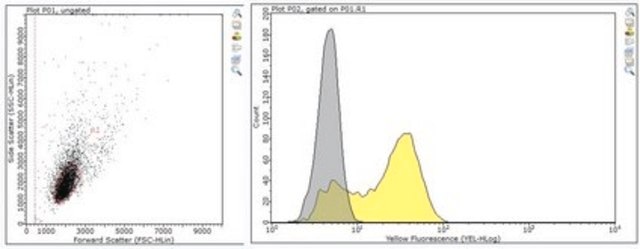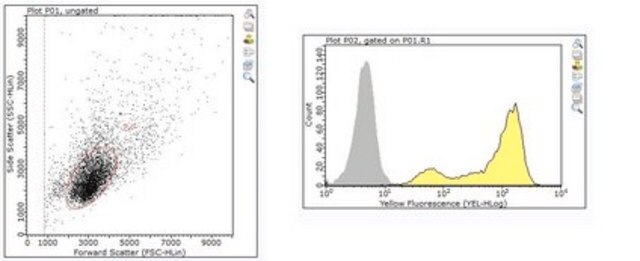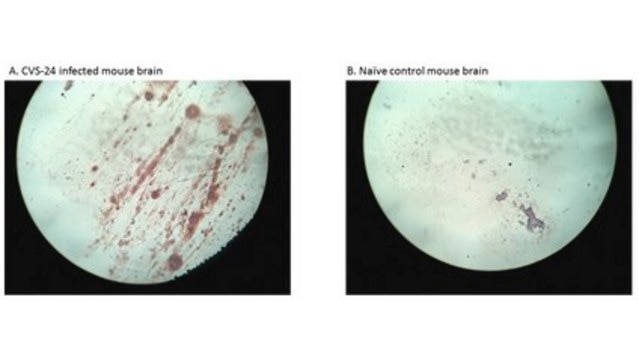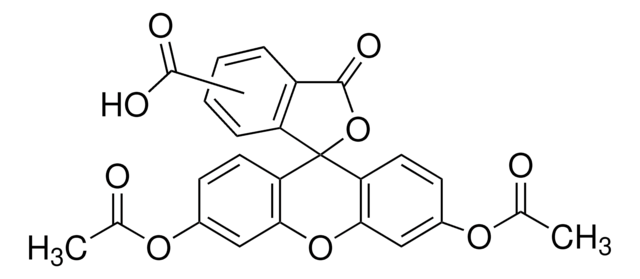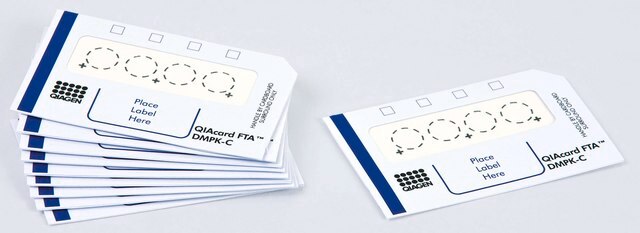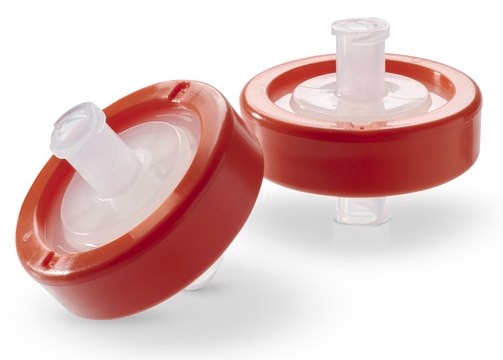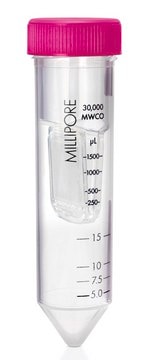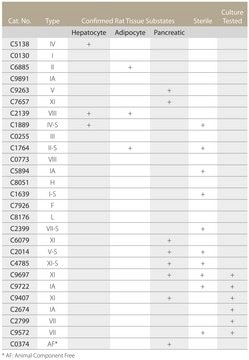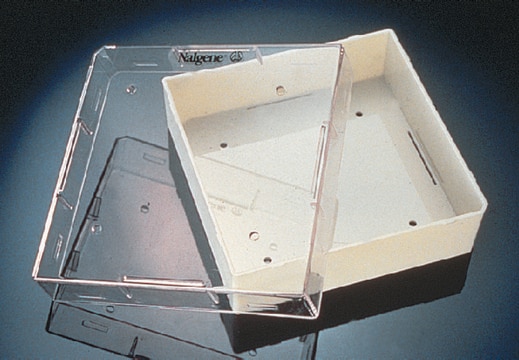MABF949-SF
Anti-Rabies Virus Antibody, Serum Free Antibody, clone 1112-1
clone 1112-1, from mouse
Synonym(s):
Glycoprotein, Glycoprotein Rabies virus
Sign Into View Organizational & Contract Pricing
All Photos(1)
About This Item
UNSPSC Code:
12352203
eCl@ss:
32160702
NACRES:
NA.41
Recommended Products
biological source
mouse
antibody form
purified antibody
antibody product type
primary antibodies
clone
1112-1, monoclonal
species reactivity
rabies virus, virus
packaging
antibody small pack of 25 μg
technique(s)
ELISA: suitable
flow cytometry: suitable
neutralization: suitable
isotype
IgG1κ
UniProt accession no.
target post-translational modification
unmodified
Related Categories
General description
Glycoprotein (UniProt: P03524) is encoded by the G gene in Rabies virus, strain ERA. Glycoprotein is a single-pass type I membrane protein that belongs to the lyssavirus glycoprotein family. It attached the virus to host cellular receptor, inducing endocytosis of the virion. In the endosome, the acidic pH induces conformational changes in the glycoprotein trimer, which trigger fusion between virus and cell membrane. The muscular form of the nicotinic acetylcholine receptor (nAChR), the neuronal cell adhesion molecule (NCAM), and the p75 neurotrophin receptor (p75NTR) are reported to bind glycoprotein and thereby facilitate rabies virus entry into cells. Glycoprotein is synthesized with a signal peptide (aa 1-19), which is subsequently cleaved off in the mature form. Its structure includes a virion surface (aa 20-459), helical region (aa 460-480) and an intravirion (aa 481-524). Arginine 352 is reported to be involved in Rabies virus pathogenicity and its mutation attenuates the virus. Glycoprotein is glycosylated and palmitoylated by host and glycosylation is considered to be crucial for glycoprotein export at the cell surface. Clone 1112-1 is a serum-free version and is shown to neutralize Rabies Virus, CVS-11 strain. (Ref.: Dietzschold, B et al. (1992). Proc. Natl. Acad. Sci. USA 89 (15); 7252-7256; Wiktor, TJ and Koprowski, H (1980). J. Exp. Med. 152: 99-112; Marissen, WE et al (2005). J. Virol. 79(8): 4672-4678).
Specificity
Clone 1112-1 is a mouse monoclonal antibody that detects detects glycoprotein of strain ERA rabbies virus.
Immunogen
Protein G of Evelyn Rokitniki Abelseth(ERA) SAD derived RABV strain).
Application
Anti-Rabies Virus, Serum Free, clone 1112-1, Cat. No. MABF949-SF, is a mouse monoclonal antibody that detects Glycoprotein of rabies virus., strain ERA and has been tested for use in ELISA, Flow Cytometry, and Neutralizing applications.
Neutralizing Analysis: A representative lot neutralized Rabies Virus, Serum Free CVS-11 strain in Neutralizing applications (Bunschoten, H., et. al. (1989). J Gen. Virol. 70 ( Pt 2):291-8; Dietzschold, B., et. al. (1992). Proc Natl Acad Sci USA. 89(15):7252-6; Muller, T., et. al. (2009). PLoS Negl Trop Dis. 3(11):e542; Schumacher, C.L., et. al. (1989). J Clin Invest. 84(3):971-5).
ELISA Analysis: A representative lot detected Rabies Virus, Serum Free in ELISA applications (Morgeaux, S., et. al. (2017). Vaccine. 35(6):966-971).
ELISA Analysis: A representative lot detected Rabies Virus, Serum Free in ELISA applications (Morgeaux, S., et. al. (2017). Vaccine. 35(6):966-971).
Quality
Evaluated by Flow Cytometry in L929 cells expressing Rabies virus glycoprotein.
Flow Cytometry Analysis: 2 µg of this antibody detected Rabies Virus, Serum Free in L929 cells expressing Rabies virus glycoprotein.
Flow Cytometry Analysis: 2 µg of this antibody detected Rabies Virus, Serum Free in L929 cells expressing Rabies virus glycoprotein.
Target description
58.66 kDa calculated.
Physical form
Format: Purified
Other Notes
Concentration: Please refer to lot specific datasheet.
Not finding the right product?
Try our Product Selector Tool.
recommended
Certificates of Analysis (COA)
Search for Certificates of Analysis (COA) by entering the products Lot/Batch Number. Lot and Batch Numbers can be found on a product’s label following the words ‘Lot’ or ‘Batch’.
Already Own This Product?
Find documentation for the products that you have recently purchased in the Document Library.
Our team of scientists has experience in all areas of research including Life Science, Material Science, Chemical Synthesis, Chromatography, Analytical and many others.
Contact Technical Service